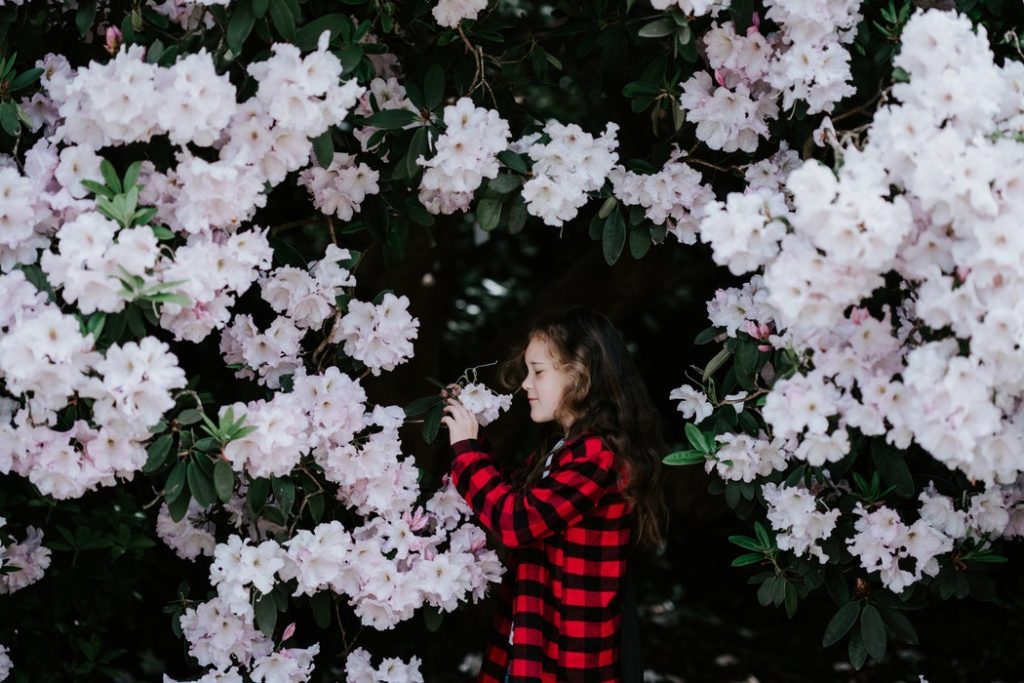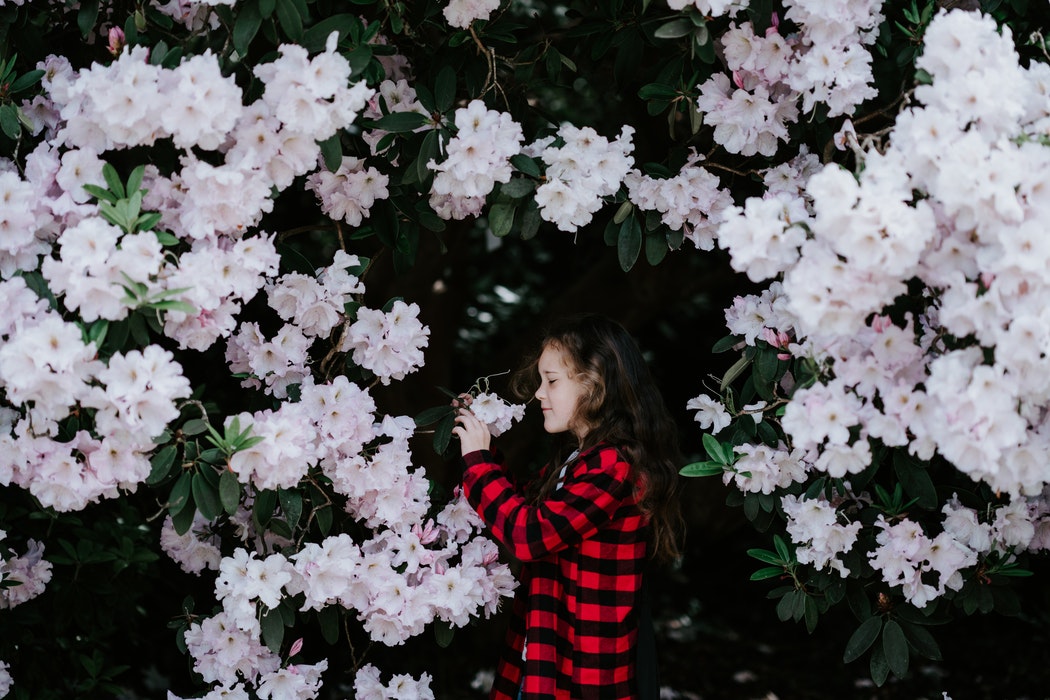 Let’s get real: You don’t need to go to the south of France to come to your senses. You don’t need to go anywhere. Even if you continue to read this on the screen in front of your face you can still come to your senses. As you reading this while standing in line at Starbucks in tight shoes? Is the joint overheated? Are you over dressed? Is your scarf itching your neck? There’s the roar of the coffee machine and hiss of the milk steamer. The door opens and closes and lets in the smell of cold and the sound of the traffic. Someone behind you is wearing that weird gourmand perfume that makes them smell like a banana cream pie.
Let’s get real: You don’t need to go to the south of France to come to your senses. You don’t need to go anywhere. Even if you continue to read this on the screen in front of your face you can still come to your senses. As you reading this while standing in line at Starbucks in tight shoes? Is the joint overheated? Are you over dressed? Is your scarf itching your neck? There’s the roar of the coffee machine and hiss of the milk steamer. The door opens and closes and lets in the smell of cold and the sound of the traffic. Someone behind you is wearing that weird gourmand perfume that makes them smell like a banana cream pie.
Coming to your senses is easier said than done. The overlords of the digital age have orchestrated it so that we are hard pressed to think about anything aside from what’s in front of our faces. They’ve made billions doing this, and will make billions more. They don’t care about the quality of your life. Nor do they care that life is a one-way turnstile. You will never get that half-hour back, the one you spent scrolling through whatever it is you like to scroll through.
You really have to put your phone down. You really must revel in your humble human ability to see, hear, taste, touch, and feel. It’s where our most simple happiness lies (lays? Shit, I never know, and my copy editor corrects me every time. Whatever.)
But let say you go out in the world and you leave your phone at home.
If you’re able to do it, you can find happiness now, find meaning now.
If you’re willing to just STOP, and check in with your senses, life improves, immediately.
I’m not the first one to think of this – duh – meditation practice is based on a similar belief. Andy Puddicombe, the charming Headspace guy, guides his meditators into getting comfortable in their chairs or on the floor, he asks us to hear what’s going on around us.
My quickie way of finding a squib of human happiness is to do a five senses check-in.
- I put down my phone or close my laptop, go downstairs and stand on my back patio and think: what am I smelling, hearing, tasting, touching? I look around, but as we take in 80% of information through our eyes, I try to focus on my other senses.
- I locate my heartbeat. I wonder if I’m hungry. How’s this old bra fitting, anyway? I listen for the sounds of the neighborhood. We have some cantankerous squirrels who sit on the branches of the tall cedar next door and argue. Kuk-kuk-kuk-quaaaa. Cars drive by out front; I hear them slow down as they come to the speed bump in front of our house. Dogs bark (hopefully not mine, God they can be annoying). Sometimes a jet thrums by overhead, headed for PDX. The hipsters across the street have a percussion group, and a fondness for Cat Stevens. Oooh baby baby it’s a wild world. The people who live in the house behind us like to toast walnuts, in maple sugar and butter: if their window is open and the wind is right, you can smell them. (The smell is narcotic; last winter I went around the block, knocked on the door and asked them what they were cooking.)
- And if you’re a writer, whether you are writing non-fiction or fiction, short stories, novels, or a full-length memoir, using your scenes to draw your reader into the narrative is essential. A reader immersed in the sensory details of the story is a reader willing to go anywhere with you. The sensory details are where the magic resides. They are secret agents of seduction.
If you are interested in coming to your senses in the South of France and taking care of your writer-self, our Come to Your Senses Writing Retreat is enrolling now. Join us!








